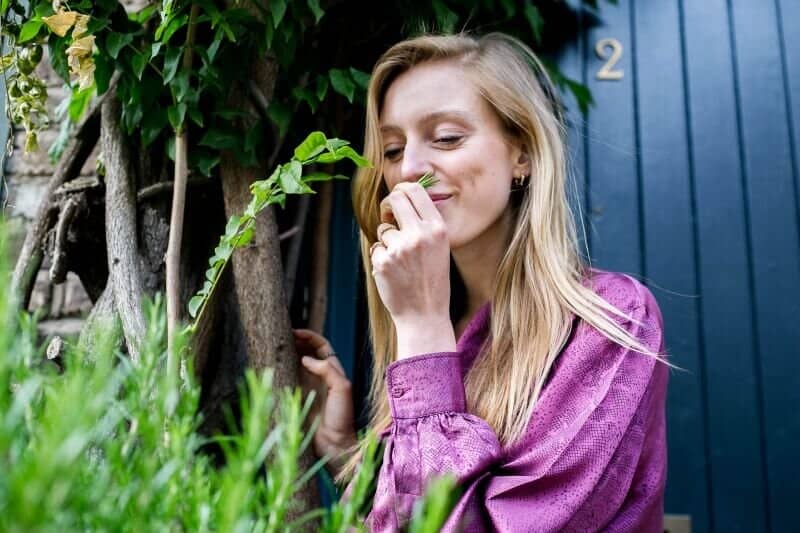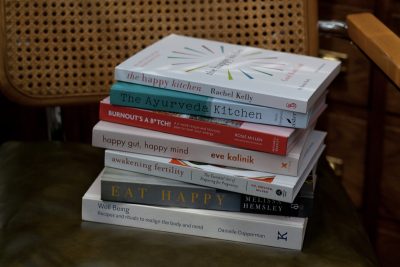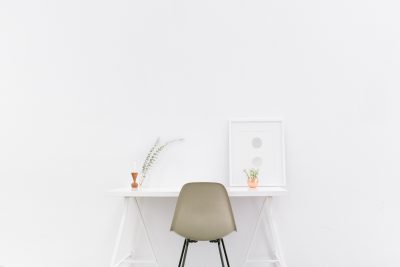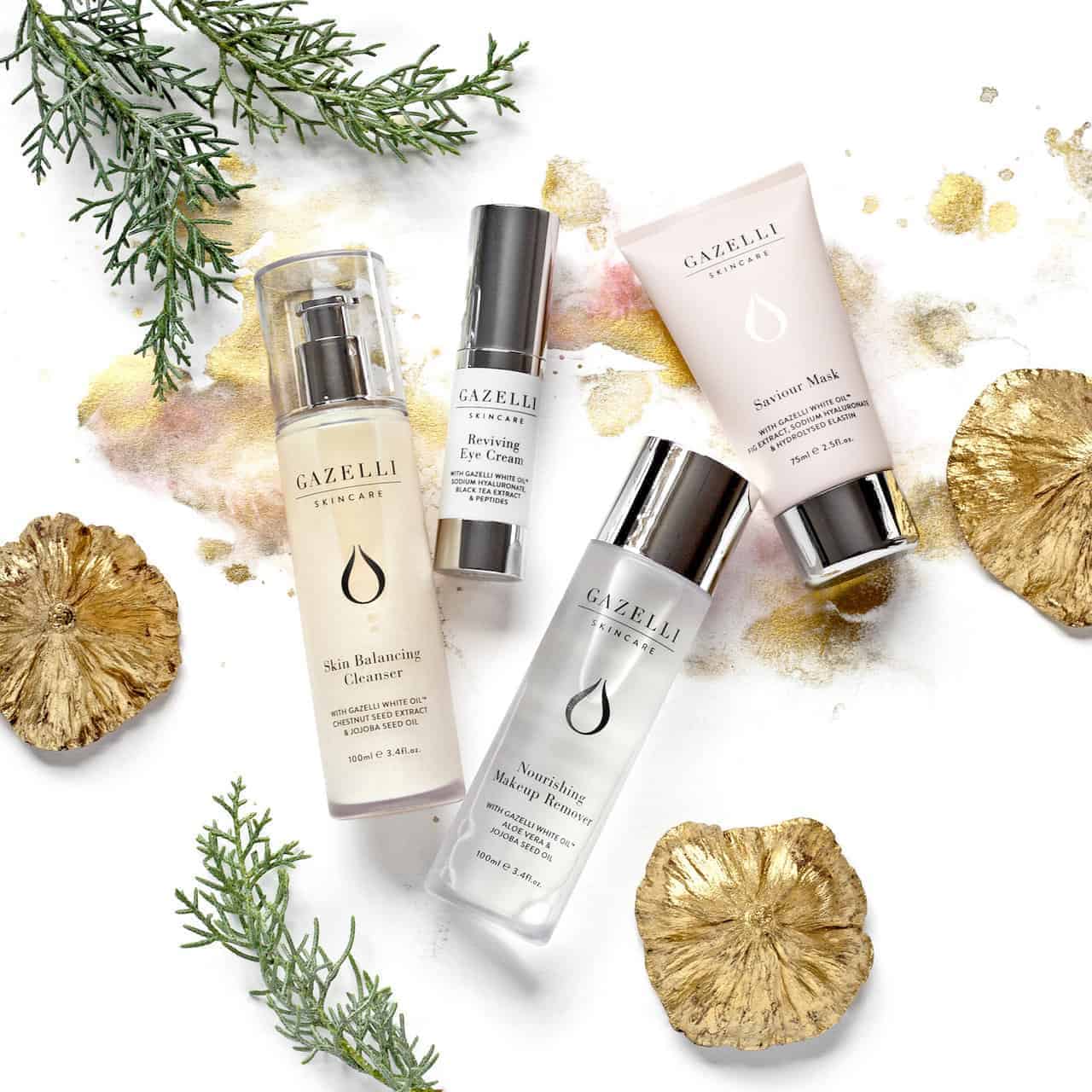
How to Get a Better Night’s Sleep
Sleep is nature’s way of restoring and resetting our bodies and minds. We can’t live without it – it’s as vital to our wellbeing as eating, drinking or breathing. But for many of us, especially during this time of anxiety and uncertainty, good-quality sleep is elusive. So we asked sleep doctor Dr Julie Moltke for her top tips on how to get the sleep we need to maintain our physical and metal wellbeing.
A medical doctor with a speciality in mental health, stress reduction and medicinal cannabis/CBD, Julie provides holistic consultations that take a 360-degree view of each client. She then draws up a bespoke programme of interventions to improve physical, mental and emotional health through changes in diet, habits or regime. We asked her to tell us more…
How much sleep is the right amount?
That’s hard to answer as it varies a lot from person to person, from season to season, and changes with age. The traditional answer is between seven and nine hours and certainly most people need around seven and a half to eight hours a night.
To determine how much sleep you need, you can set up an experiment next time you have a few free days without too many plans – lockdown, for many of us, presents an ideal opportunity. You need to be well rested before you start as you will oversleep if you are already sleep-deprived.
Start by going to bed at your normal bedtime for two or three nights in a row without setting an alarm. Then make a note of when you wake up and see what the pattern is (though bear in mind that in winter it’s natural for your body to get more tired because of the lack of daylight and colder temperatures – at least here in the northern hemisphere). Personally, I need seven and a half hours in summer but can easily sleep for an hour longer in late autumn and winter.
Why is having a regular bedtime important?
Our bodies run according to a very finely calibrated inner clock that is regulated by daylight. This mechanism is called your circadian rhythm and it works to make you want to go to bed at the same time and get up at the same time each day. If you are interfering with this internal clock, for example by working nights, it can have a lot of damaging effects on your body. The same is true even more so for children – they need a regular bedtime.
What three things would you avoid to ensure a good night’s sleep?
Drink no coffee after noon. And also avoid alcohol and blue light from screens.
But what if it’s still difficult to fall asleep despite following the guidelines?
If you are following a sleep routine and avoiding the three basic stimulants mentioned above, then your difficulties may well be stress related. I would advise running a daytime cortisol test to find out – this involves analysing a blood sample to measure your levels and can be done by a medical professional or with a home kit. Cortisol, like adrenaline, is produced by the adrenal glands in response to something your body perceives as a threat, but if levels are too high because of continual stress you may well experience anxiety and headaches, problems with digestion and concentration – as well as sleep issues.
You might also want to consider taking ashwagandha – used in Ayurvedic medicine for more than 3,000 years to relieve stress, improve concentration and boost energy – to lower your cortisol levels.
What advice would you give to enhance the quality of sleep we get?
It’s important to incorporate some wind-down time before bed – I’d recommend slow, calming activities carried out in muted light conditions. My favourites are reading a book, doing ten minutes of yoga or meditation, and drinking herbal teas such as chamomile or lavender.
Many of us seem to fall asleep easily initially, but then wake in the middle of the night and can’t get back to sleep.
Whatever you do, don’t just stay in bed – lying there trying to force yourself to sleep will just make you more awake. I’d advise meditation – get up, find somewhere comfortable to sit, then focus on your breathing, inhaling for four seconds and exhaling for six for about ten minutes. Or get up and read a calming book for between ten and twenty minutes.
What about people who still feel tired, even on seven or eight hours a night?
Again, this may be stress related. I would advise anyone who feels tired despite getting a full night’s sleep to consider measures to support your HPA (Hypothalamic-Pituitary-Adrenal) Axis, which controls the levels of cortisol and other hormones in our bodies as well as modulating our digestive and immune systems. Measures to support it might include diet (for instance, limiting simple sugars after 3pm), increasing hydration, taking supplements such as ashwagandha or CBD, and boosting wellbeing through meditation and relaxation exercises and rituals.
Are you for or against sleeping pills? And if there is a need for medication or supplements, what would they be?
I am certainly against sleeping pills – they make your sleep worse and they are addictive. But there are supplements you can try including ashwagandha, magnesium and CBD.
Are there any books, podcasts or resources you would recommend?
I love Dr Matthew Walker’s book, Why We Sleep: The New Science of Sleep and Dreams. Hypnotherapist Max Kirsten has a couple of great books including How to Sleep and The Insomnia Cure. I’d also recommend any podcast about sleep with my favourite podcaster Tim Ferriss – he always has the best guests and clever conversations.
Want to find out more? You can book a one-to-one consultation with Dr Julie Moltke through Gazelli – and receive a £20 voucher to use in the Gazelli Wellbeing Shop in person or online. Contact us at mailto:bookings@gazelli.co.uk
Mauli Rituals Ashwagandha Booster is available from our Wellbeing Shop and you can find the Gazelli Guide to CBD (Cannabidiol) here.





